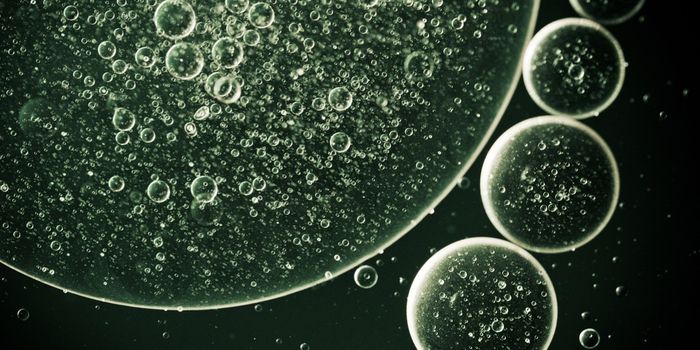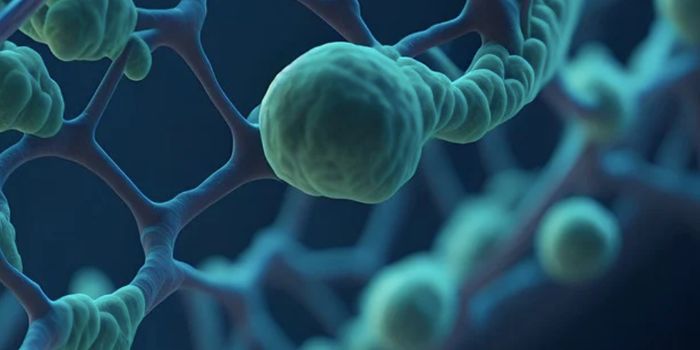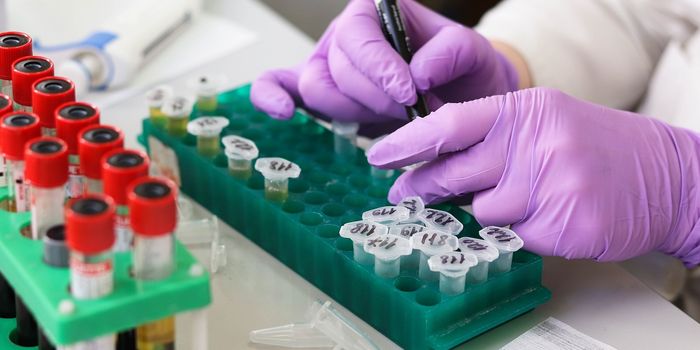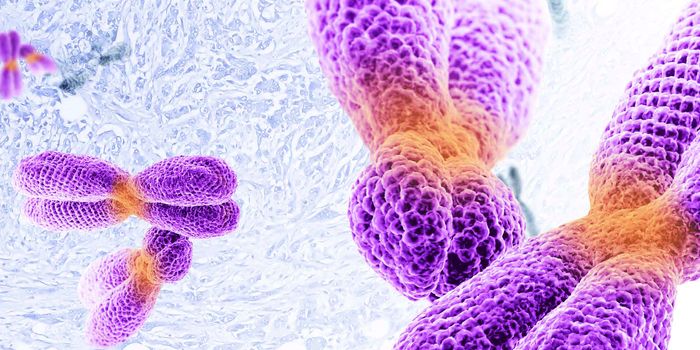Using Plasma Scalpels with Chemotherapy Against Brain Cancer
Cold atmospheric plasma is a relatively new technique that utilizes a tool that generates a sort of plasma scalpel, except this torch is not hot, but just a bunch of excited molecular species in the form of reactive oxygen and nitrogen. Oddly enough, this torch also seems to have anti-cancer properties.
Reactive oxygen species are commonplace in most cells, being a byproduct of aerobic respiration in the mitochondria. Reactive nitrogen species are less well known, but still fairly common. Normally, there is a system to regulate these molecular species’ production, but when they are overproduced, the cell usually initiates self-destruction. Cold atmosphere plasma’s anti-cancer effects are thought to expose cancer cells to excess ROS and RNS, thereby triggering their self-destruct sequence.
A new study out of The George Washington University in Washington D.C. wondered if cold atmospheric plasma could work as a combination therapy in brain cancer treatment. It is already proven effective as a complement to surgery, but not to chemotherapy. They wanted to use it alongside the drug temozolomide to see if it could enhance the drug’s effectiveness against glioblastoma multiforme cells in vitro.
An initial analysis of cold atmosphere plasma against glioblastoma cells showed suppression of growth in vitro. Temozolomide alone also induces impaired cancer cell growth, with both treatments together enhancing the effects.
The team then delved into possible reasons for the anti-cancer effects of the combination treatment. They found that both temozolomide and cold atmosphere plasma therapy-induced DNA damage, with the combination treatment enhancing the overall effect. All three treatments also revealed anti-metastatic abilities, with the combination treatment again showing an improved impact.
Cold atmosphere plasma has proven effective in treating cancer in several studies. Combination therapy is already used to enhance chemo and immunotherapies’ anti-cancer effects, but it remains to be seen if the plasma treatment is amenable to it. This study showed that when combined with temozolomide, cold atmosphere plasma can enhance the chemotherapy’s effectiveness by inducing DNA damage and impairing critical metastatic processes. Experiments were not replicated with healthy brain cells; however, more work still needs to be done.
The study concludes, “Collectively, our data supports the notion that CAP can significantly improve response to TMZ treatment as demonstrated by the reduction in cell viability in the combined CAP–TMZ treated condition.”
Sources: Nature Scientific Reports, Electrical and Computer Engineering at Michigan









